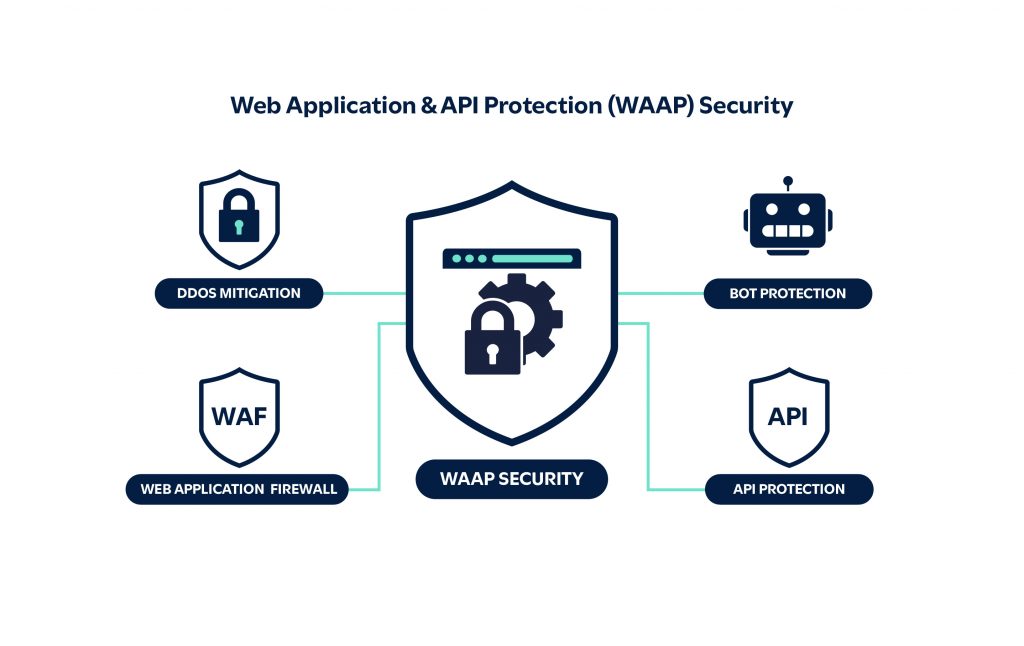 Executive Summary
Executive Summary Executive Summary
Executive SummaryToday, web applications are indispensable for businesses across all sectors. Continent 8 Technologies recognises that the hybrid and multi-cloud environments, modern application architectures and the necessity of securing remote work whilst maintaining high service availability pose significant challenges in securing these applications. Our comprehensive approach to application security is designed to mitigate the many challenges of protecting web applications and APIs from a diverse range of threats.
Despite the availability of numerous web application security solutions, businesses often struggle due to resource constraints (budgetary and expertise), the complexity of modern applications (including microservices, API ecosystems and continuous updates), and issues with false positives and negatives resulting from outdated security policies.
In this blog, I’ll explore the current threat landscape for web applications, examine the biggest challenges in securing modern applications, highlight the business implications of security breaches and offer insights and best practices into navigating today’s ever-evolving digital landscape.

The threat landscape for web applications is ever-changing, presenting businesses with intricate challenges. Key aspects include:
Modern applications are inherently difficult to secure due to several factors:
Failure to secure web applications and APIs can have far-reaching business consequences:
To address these challenges, Continent 8 advocates for a comprehensive set of best practices in web application and API security:
Securing web applications is a complex challenge requiring a holistic approach. By understanding the evolving threat landscape, recognising the business implications of security breaches and implementing best practices, businesses can significantly enhance their security posture. Continent 8 is dedicated to providing robust security solutions that help businesses protect their critical web applications and APIs, ensuring resilience against the complex threats of today’s digital landscape.
Continent 8 WAAP solutions represent a proactive approach to web application and API security.
To support organisations enhance their web application and API security framework, Continent 8 is offering 3 months of FREE WAAP services for the first 50 customers to sign up to a 15-month contract*.
Learn more about the WAAP solution here.
For further information and detailed guidance on securing your web applications, email sales@continent8.com or fill out our Contact Us page.
*T&Cs apply. Limited-time offer; subject to change. First 3 months free, when signing up to a 15-month contract.